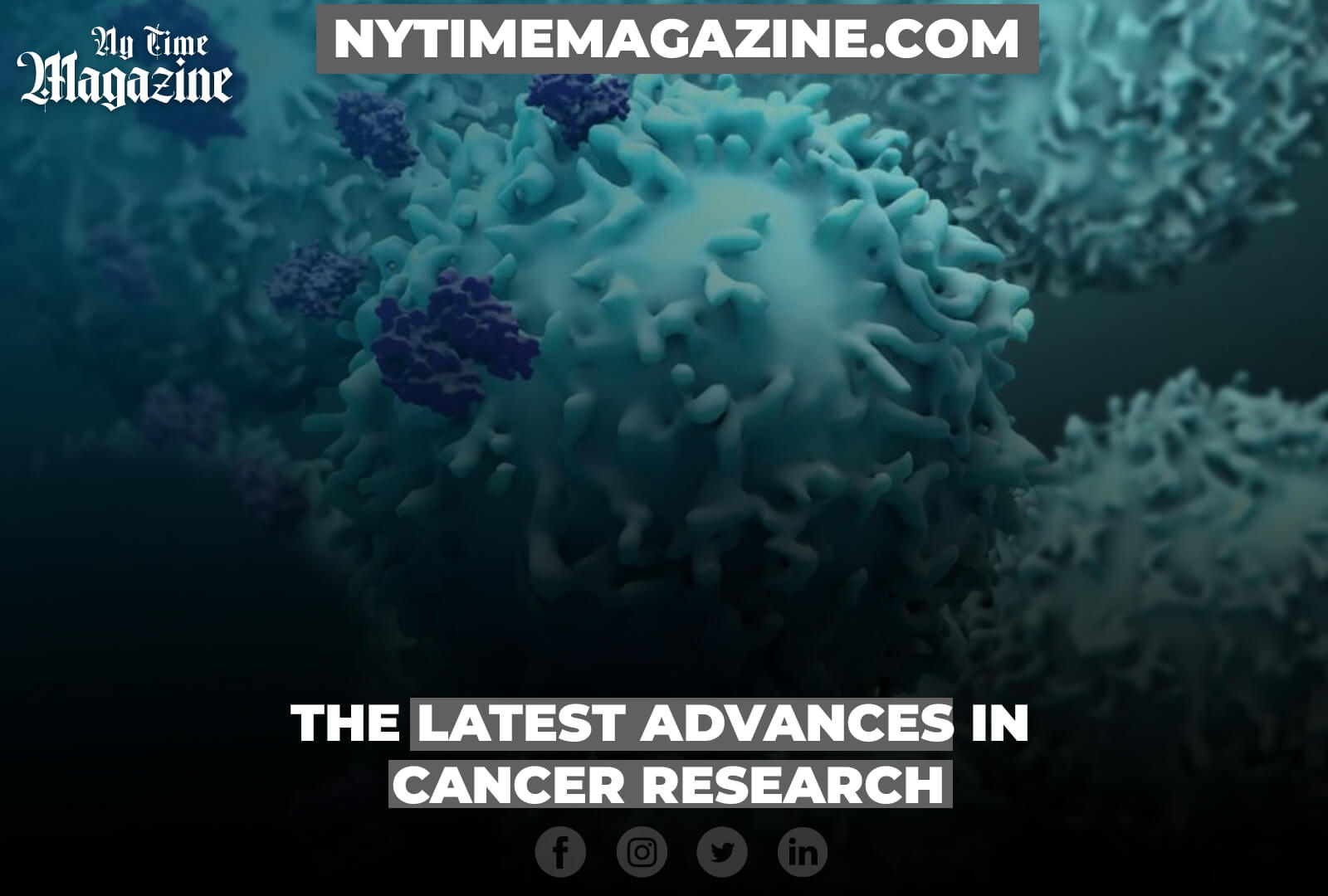Introduction:
In the relentless pursuit of understanding and combating cancer, the field of cancer research has witnessed remarkable breakthroughs, reshaping the landscape of diagnosis, treatment, and prevention. This exploration delves into the most recent advancements, shedding light on the cutting-edge technologies and innovative approaches that are revolutionizing the fight against cancer. Join us as we navigate the intricate world of oncology, exploring the groundbreaking discoveries that offer hope and promise to millions.
Genomic Profiling and Personalized Medicine:
Genomic profiling, a cornerstone of contemporary cancer research, has unlocked the door to personalized medicine. By analyzing a patient’s genetic makeup, scientists can tailor treatments specific to the individual, maximizing efficacy while minimizing side effects. This targeted approach heralds a new era, where therapies are uniquely crafted for each patient, leading to higher success rates and improved quality of life.
Immunotherapy:
Immunotherapy stands as a beacon of hope in cancer treatment. By harnessing the body’s immune system, scientists have developed therapies that empower immune cells to recognize and destroy cancer cells. From checkpoint inhibitors that unleash immune responses to CAR-T cell therapies that engineer immune cells for precision targeting, immunotherapy is redefining cancer treatment paradigms, offering unprecedented outcomes for patients across various cancer types.
Liquid Biopsies and Early Detection:
The advent of liquid biopsies has revolutionized cancer diagnostics. These non-invasive tests analyze minute traces of tumor DNA circulating in the bloodstream, enabling early cancer detection and real-time monitoring of treatment responses. Detecting cancer at its nascent stages significantly enhances the chances of successful treatment, making liquid biopsies a game-changer in the fight against this formidable disease.
Nanotechnology and Targeted Therapies:
Nanotechnology has opened avenues for innovative cancer therapies. Nanoparticles, smaller than a cell, can deliver drugs directly to cancer cells, minimizing damage to healthy tissues. These targeted therapies maximize the therapeutic effect while minimizing side effects, offering a beacon of hope for patients undergoing rigorous treatments. Additionally, nanotechnology plays a pivotal role in imaging techniques, enabling precise tumor visualization and aiding surgeons in precise, minimally invasive removal procedures.
Artificial Intelligence and Predictive Analytics:
Artificial intelligence (AI) and machine learning algorithms are transforming cancer research and patient care. These technologies analyze vast datasets, identify patterns, and predict treatment responses with unparalleled accuracy. From drug discovery to treatment optimization, AI-driven insights expedite research processes and enhance the efficiency of clinical decision-making, paving the way for more personalized and effective cancer treatments.
Conclusion:
The latest advances in cancer research are not just scientific milestones; they represent hope, resilience, and the unwavering dedication of researchers, clinicians, and patients worldwide. As we delve deeper into the realms of genomics, immunotherapy, liquid biopsies, nanotechnology, and artificial intelligence, we are on the cusp of a cancer-free future. These innovations, fueled by collaboration, determination, and cutting-edge technology, are driving us closer to a world where cancer is not a life sentence but a conquerable challenge. Together, we stand at the forefront of a transformative era in oncology, where each discovery brings us one step closer to defeating this formidable adversary and ushering in an era of healing and triumph.



